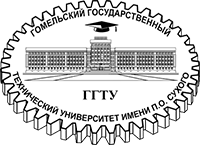Цель исследования – проблематизировать тему правового менталитета в контексте
внутренней формы правосознания – она для общеправовой теории является традиционной.
Тем не менее актуальное состояние научной рациональности периода постнеклассики как самоорганизующейся критичности на основе принципа широкой междисциплинарности, методологического плюрализма и познавательные ресурсы психологизма позволяют уточнить классическое понимание внутренней формы правосознания в связи с правовым менталитетом – коллективным бессознательным, которое всегда обусловлено социокультурно. Обоснован
вывод о необходимости минимизации влияния коллективного бессознательного в публично-правовой сфере общества за счет, прежде всего, такого структурного компонента правосознания, как правовая идеология и ее наукоемкие инструменты.
The purpose of the research is to problematize the topic of legal mentality in the context
of the internal form of legal consciousness – it is traditional for the general legal theory. Nevertheless,
the current state of scientific rationality of the post-non-classical period as a self-organizing criticality
based on the principle of broad interdisciplinarity, methodological pluralism and cognitive resources of psychologism make it possible to clarify the classical understanding of the internal form
of legal consciousness in connection with the legal mentality – the collective unconscious, which is
always conditioned socioculturally. The conclusion is substantiated that it is necessary to minimize
the influence of the collective unconscious in the public legal sphere of society due, first of all, to such
a structural component of legal consciousness as legal ideology and its knowledge-intensive tools.






